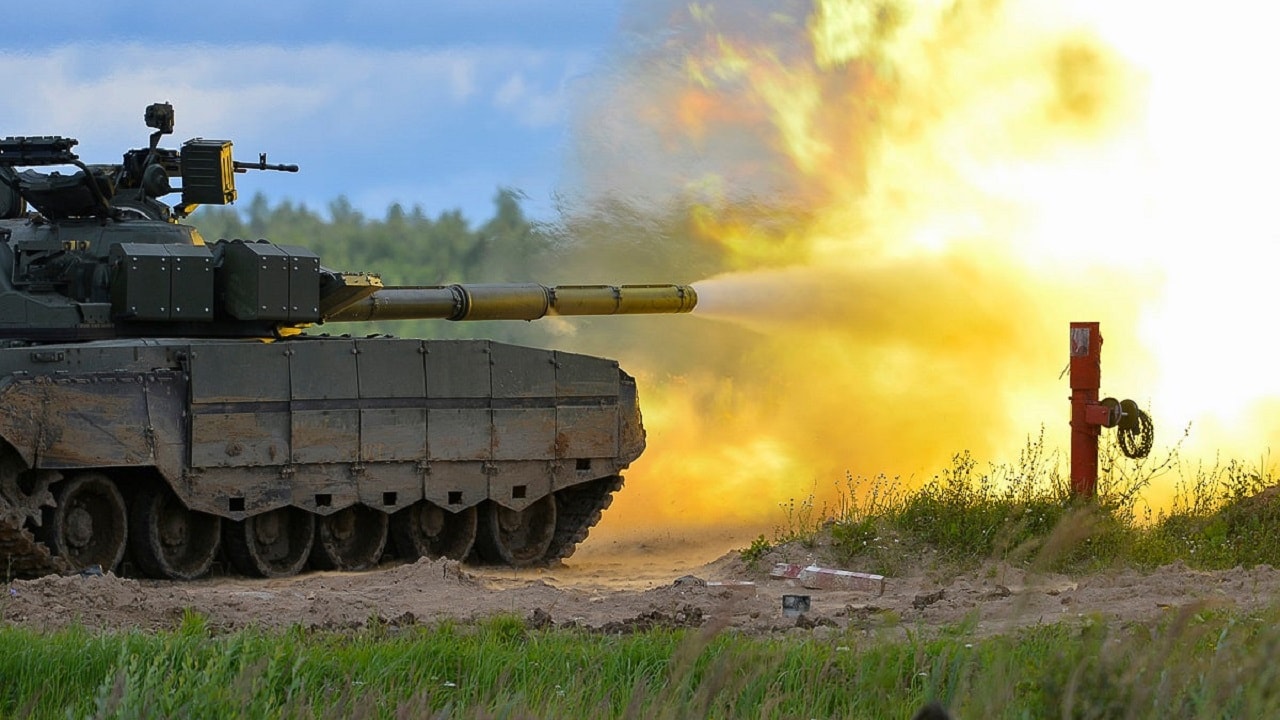Russian President Vladimir Putin’s invasion of Ukraine has gone further than anticipated. As I write this, there are reports that Kyiv is under attack on multiple sides from Russia.
Only weeks ago, we were debating whether Putin would divide the West with an incursion so small allies would be left parsing whether it really constituted an invasion worth staggering economic costs in the midst of a European energy crisis. Within hours of Russia’s actual invasion, the Pentagon began using words like “decapitate” to describe Putin’s intentions toward the Ukrainian government and the expert consensus began to shift in favor of an expectation of at least attempted regime change.
There are still some fissures within NATO based on how economically interconnected member states are with Russia, which is why the U.S. has sought to reassure the world the sanctions regime is intended to impose maximum pain on the Kremlin alone. (Those who simply wanted the carnage in Ukraine to stop were not especially reassured.)
But overall, the sanctions are tougher than many had reason to expect before the tanks started rolling across the Ukrainian border. Hawks in the United States and European Union are empowered in a way that seemed unthinkable after the recent wars in the Middle East, creating the possibility that defense budgets that seemed all but certain to decrease could instead be bolstered. Public opinion is turning sharply against Russia, reaching a fervor unseen since the end of the Cold War.
Even Mitt Romney has had his star turn ten years after his fretting about Russia led to his being dismissed as a relic of the 1980s. Liberal Democrats in Congress and the Beltway conventional wisdom have now concluded that Romney was right. 2012 called and wanted its presidential election back.
As Putin brutalizes Ukraine, these data points raise the question of whether he has overreached. Not militarily, per se. But in terms of what Russia will endure.
Russia has a dangerous combination of military might and economic vulnerability. So far, that danger has been borne by weaker countries and regions in its general vicinity as Putin acts out his nostalgia for the Russian empire and the former Soviet Union. Under these conditions, there would inevitably be a constituency for making Russia great again.
But moving beyond the conquest of heavily Russian areas or crushing Chechen rebels is risky. With Moscow’s economic problems, one might wonder if everything that is militarily achievable in the short term is sustainable in the medium to longer term.
A surprising number of ordinary Russians are making their unhappiness with the current state of affairs known. What happens when the oligarchs who are vital to Putin’s grip on power decide they are more interested in their yachts than a bigger piece of Ukraine?
That’s why President Biden’s disavowal of his own administration’s previous deterrence talk wasn’t just an attempt to reconcile his past discredited rhetoric with unpleasant realities on the ground. It was also a gaffe in the classic Michael Kinsley sense: the real goal was to inflict higher costs on Putin’s expansionist ambitions.
None of this is guaranteed to work, of course. When something else occupies the front pages and cable news chyrons, allies may begin to wriggle out of the sanctions and make them even less painful than they already are. Residents of affluent countries, even the U.S., may be in no mood to pay even higher energy costs for the benefit of a foreign country. Putin’s pariah status may be difficult to maintain, especially as he retreats into the waiting arms of the Chinese. Ukraine may be less cut out for insurgency than Afghanistan; Russia is certainly more ruthless than unsuccessful Western nation-builders.
And even if Putin has bitten off more than he can chew or his fragile economy can stomach, he has already inflicted a substantial human cost on Ukraine that shows little sign of abating soon.
Putin is hardly the only world leader testing the theory of whether it is possible to maintain an empire while broke. But invading countries is easier for skilled militaries than occupying them and the best days of regime change wars are often when the targeted government falls, not after. The ruble isn’t the world’s reserve currency and the world is looking on at Russia’s “shock and awe” with increasing horror.
W. James Antle III is the Washington Examiner’s politics editor. He was previously managing editor of the Daily Caller, associate editor of the American Spectator, and senior writer for the American Conservative. He is the author of Devouring Freedom: Can Big Government Ever Be Stopped? You can follow home on Twitter: @Jimantle.

